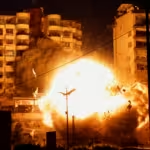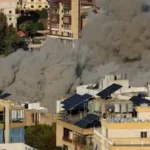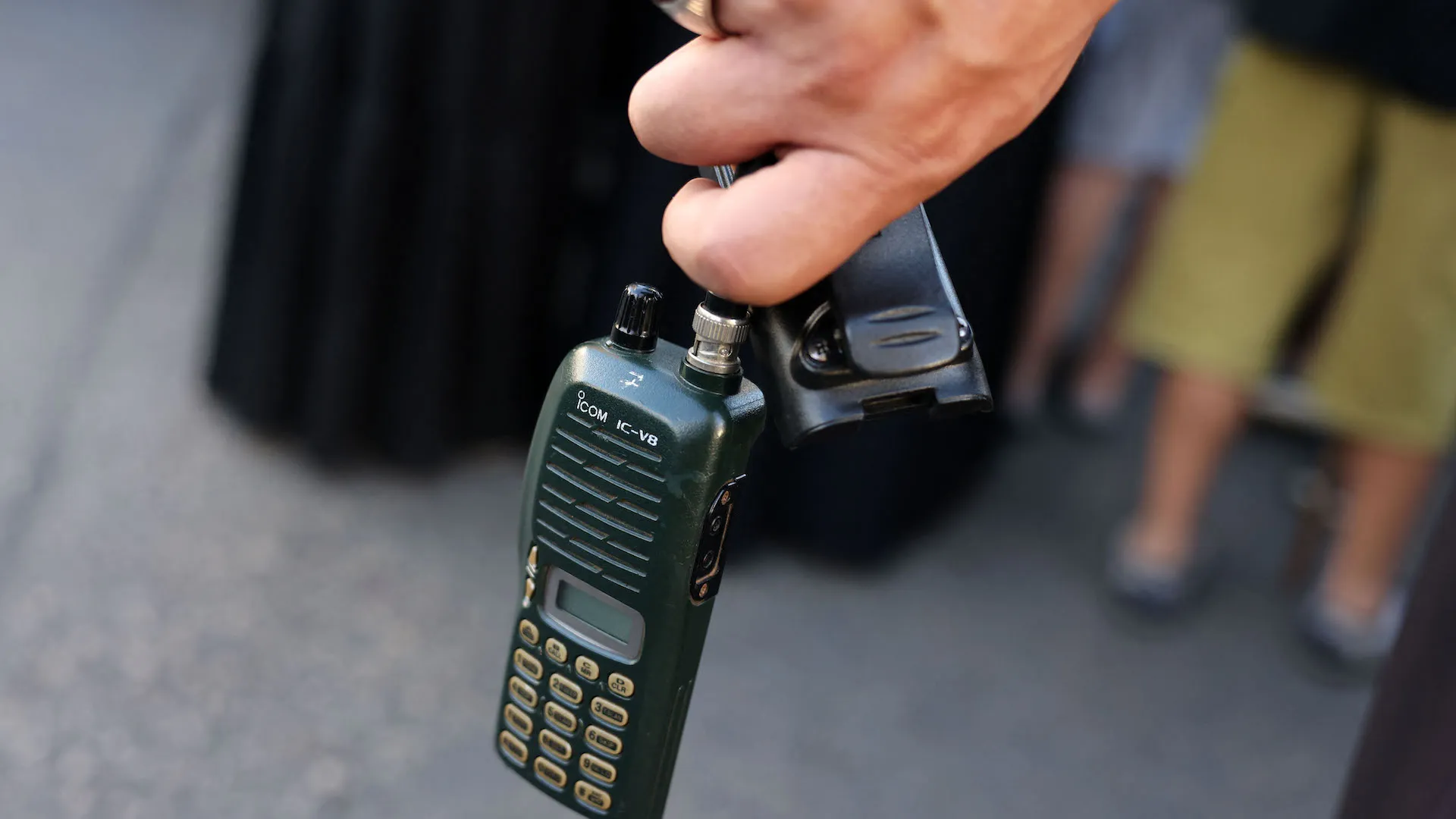Hezbollah’s response to the pager explosions in Israel would, in all likelihood, be multidimensional: strategic, political, and military. Indeed, this would depend on the context; pager explosions may mark an escalator direction, or they may be used as a military provocation and can be part of Israel’s policies on the regional level.
Military Response
Generally, Hezbollah’s military tradition is asymmetric warfare since the political and military cells are aware of their respective knowledge and experience of guerrilla warfare operations. If it can be perceived as an Israeli attack or act of aggression, Hezbollah might retaliate with focused military activities. This could involve rocket or missile attacks against Israeli military installations and strategic assets, especially those along the Lebanese border. Given its large arsenal of pinpoint weapons, it could target significant damage with a minimum chance of full-scale war.
Propaganda and Psychological Warfare
Other than the direct military strikes, Hezbollah will likely leverage the explosions as a propaganda device to blame Israel for the attacks. Hezbollah is very savvy in its use of propaganda. It thrives on its use of the media to portray itself as a suitor for Lebanese sovereignty against the intruders, primarily Israel. It may utilize this explosion as a means of garnering both home-country popularity within Lebanon and abroad in the Arab world: it could argue that its response is a result of defensive actions to preserve the country from Israeli aggression.
Diplomatic Posturing
The leadership of Hezbollah will realize that some alliances in the region need to be maintained at all costs, beginning with Iran and then Syria. The organization may take its time talking to its allies about how best to strike back with the most impact and minimal chances of transforming this into a full-scale war. It may try to mobilize some Iranian military support or even political influence from other regional actors on how best to isolate Israel diplomatically.
Escalating the Tension
Escalation: Hezbollah is also afraid of escalation. A military response can quickly become a larger-scale battle against Israel, which in turn might trigger an Israeli counterattack that could escalate into leveling large portions of Lebanon. They would have to weigh the benefits of reprisal against the threat of a protracted war. Maybe they prefer a calibrated response: tough enough to make a show but not so hard that they blow things open into a full-scale war.
Domestic Consequences
Domestic political considerations would also bleed into Hezbollah’s response. The organization has a deep impact on Lebanon as a whole, and its leadership must be cautious about the reaction from the Lebanese population. As long as the Hezbollah response was perceived to be too aggressive or irresponsible, it may cause the organization to suffer an erosion of support among the Lebanese people. Thus, military actions would probably be paralleled with attempts to explain the need for such measures to create a sense of popular approval for them.
Conclusion
In summary, Hezbollah’s response to Israel’s pager blasts would represent an interactive function of military strategy, propaganda/lobbying to the international community, diplomatic engagement, and internal political calculus. The group’s measures of response would be intended to achieve a thin line of defensive posturing against Israeli provocation while conserving the general implications of escalating conflict. The situation is fluid and can go either way depending on what Hezbollah does and, subsequently, what Israel decides to do.















